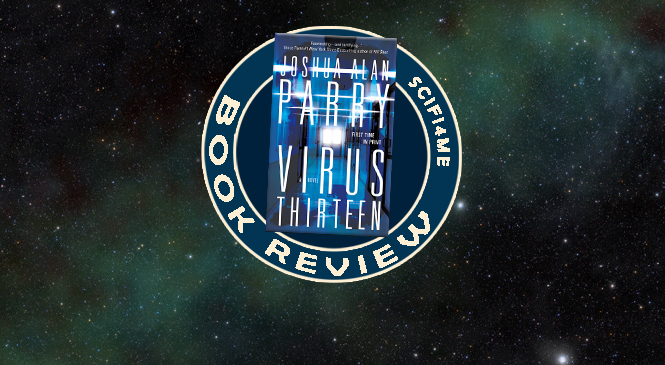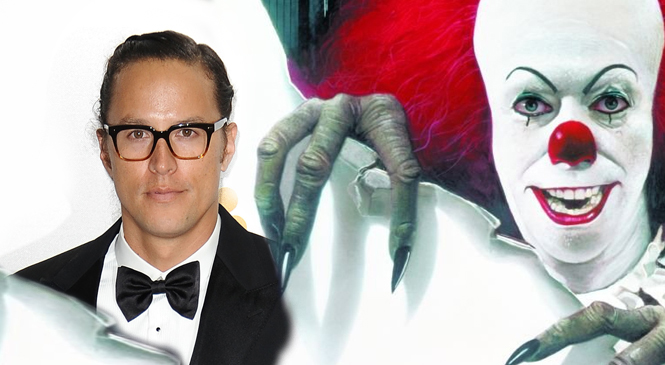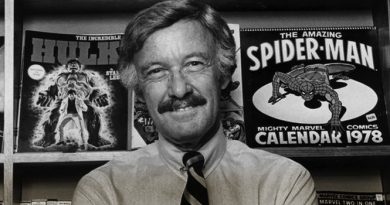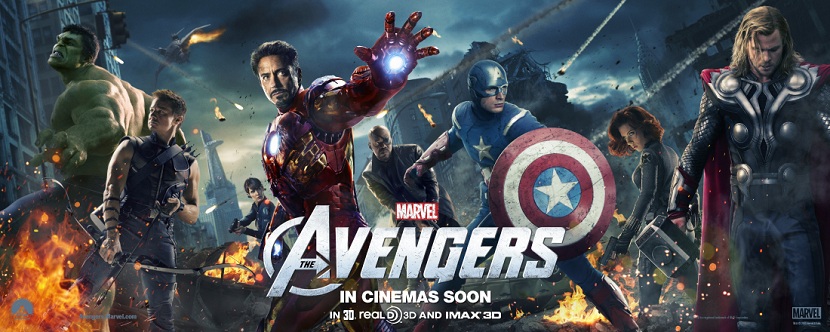
Book Review: VIRUS THIRTEEN Was Scarily Prescient

 Virus Thirteen
Virus Thirteen
Written by Joshua Alan Parry
Published by Tor Books
March 26, 2013
Paperback, 320 pages
There’s a rare time when I absolutely regret not reading a book when it first comes out. There are times when I get around to reading a book and it was better than I expected; in such times, I reflect on my tardiness, but I don’t dwell on it to the point of distraction.
This one, I’m slightly beating myself up over. Mainly because it reads so much differently now that it would have if I’d read it when it was first published in 2013, seven years before a certain global event did irreparable harm to our trust in media, government, the pharmaceutical industry, and the health care industry.
Virus Thirteen takes place in a nebulous future time, when people have access to genetic modification. Some good, some not so much. And what I’m sure was a satirical tone at the time, we have a Department of Home Health Care, a government agency tasked with monitoring and policing the physical fitness and wellness of the general population. As they gather up people with marginal conditions — both physical and mental — they also are about to face a pretty hefty challenge with the onset of a new flu-like pandemic.
At the heart of the research to find a cure: GeneFirm, Incorporated. Led by the clone of Dr. Weisman, GeneFirm was responsible for the various genetic modifications done to people over the years, including the new genetic code to prevent anyone from getting cancer. And just as Dr. James Coleman and his wife Dr. Linda Nguyen are about to announce an aerosol variant of the genetic therapy, Coleman gets brain cancer. This is supposed to be impossible, because he’s got the anti-cancer gene.
Except he doesn’t.
Coleman is ostensibly the lead character in this story, but he doesn’t do a whole lot to drive the action forward. That’s one of the problems I have with the story (more on that in a moment). Coleman is learning more about the cancer modifications, and the more he learns the worse things get. Not to mention, his wife has been sequestered away at GeneFirm to fast-track research for a vaccine to this new super-flu.
Wait. This sounds awfully familiar…
Reading this, I felt like I was cruising along in 2020 again as the world learned of this new flu-like virus, this Covid-19 bug, and the subsequent fast-track research that delivered not one, but four vaccines within weeks. And how reassuring was it that there was suddenly a cure for a virus that suddenly may have happened overnight — developed in a lab, perhaps? And surely, the pharmaceutical companies’ motives were pure as the wind-driven snow, were they not?
Our story comes complete with a conspiracy theorist, Coleman’s Aunt Rose, who tries to warn him that there’s something smelly in Denmark (actually Austin, TX, which is quite fitting for a company that’s out to … well … ). But nobody listens to crazy Aunt Rose. Poor, poor, crazy Aunt Rose. And then there’s her son Pat, who got picked up by the Department of Home Health Care because he was getting a little too pudgy and his blood pressure was up, so it’s off to the camp with him for a six-week concentrated dose of athleticism and enthusiasm at 6am.
The connective tissue between Coleman’s plot and Pat’s plot are two Homeland Health Care agents, and really they’re just reacting to events same as everyone else in the story. And that gets me to the problems with the book.
There’s no hero. Coleman doesn’t drive the story at all. And Pat’s b-story has absolutely nothing to do with the a-story. They don’t intersect until the end, and it seems the only reason we’re seeing Pat at all is because he’s Coleman’s cousin. Other than that, there’s no reason for his story to be here. It doesn’t have anything to do with the overall virus plot. None whatsoever. At the end, I found myself wondering why Pat was even in this story, not to mention the pink-haired young lady he meets at the re-education camp.
The villain isn’t much to write home about, either. Pretty generic “I have to save humanity by destroying it” type of thing. Which is annoying because there’s so much more that could have been done to make him a tragic figure trying to correct a massive mistake that doomed the planet.
Overall, the main reason I’m beating myself up on this one is because I found myself … not enjoying the book, per se, but at the very least I was leaning into the parallels between this story and how actual events played out in 2020 and 2021. That skews my perception of the book, which is just OK in terms of story. There are a good number of characters, none of whom get fleshed out with any real depth, and the plot is full of tropes that in and of themselves wouldn’t have gotten a second look from me. But because of the subject matter, because of the way things unfold in the book and how they resemble so much of what we all actually endured, the story resonated with me in a way I don’t think it would have in 2013.
So, it’s a mixed bag. On the one hand, it’s an easy read that moves from one scene to the next with a lot of characters who do much except react to things going on around them. No one has real agency — one of those “modern sensibility” words — and no one is quite who they appear to be, but the reveals are pretty predictable if you take a few minutes to take a look around at what’s going on in the rest of the book. On the other hand, it’s a fascinating and somewhat cynical precognitive vision of 2020, and the Orwellian Department of Home Health Care is a nice touch, because it’s more believable than ever that the US government would try something like that.
If I give myself longer to think about it, there are a lot of problems with the book. It’s clearly a first novel for Joshua Parry, and Tor editor Stephanie Flanders didn’t do Parry any favors. There’s a lot of material that doesn’t need to be here at all, or else there needs to be more story connecting the two plots together. And if you have a “main” character, he should actually be doing something to drive the narrative rather than just react to it throughout the story. Everything’s cursory, rushed with passing glances. Aunt Rose, the guy on the plane (who never shows up again?), Agent Marnoy, Dr. Nguyen… all of them need more depth, more investment by the author so there’s investment by the reader. I found myself reading the next chapter not because I cared about any of these people, but because I wanted to see just how much Virus Thirteen played out to match the Covid-19 fiasco.
And whenever I bother to think about it, I’ll wonder just how I would have felt reading it in The Before Times…
![]()



